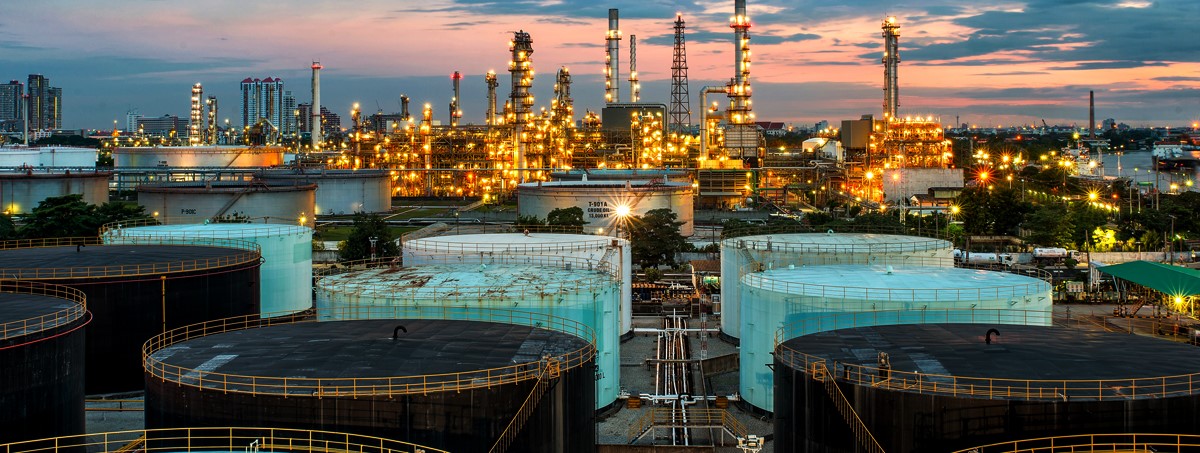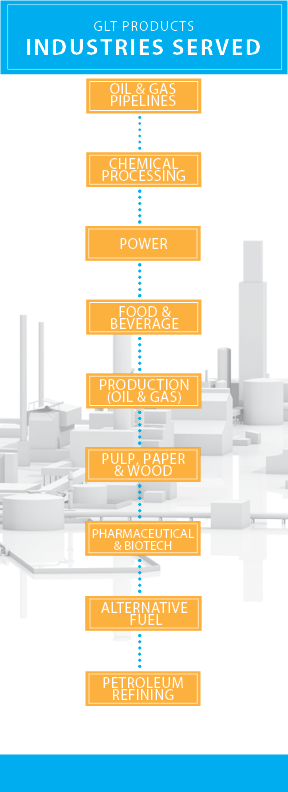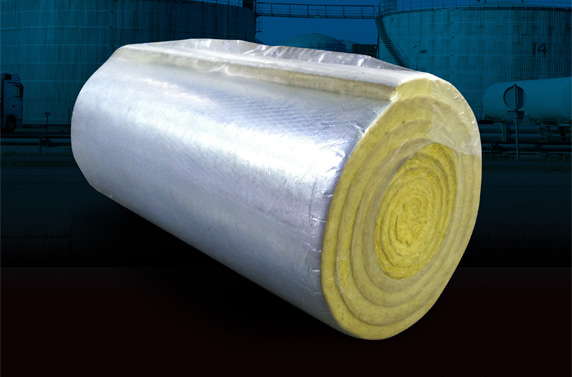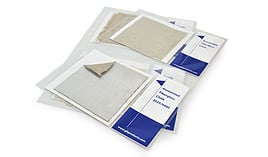Pharmaceutical production requires a wide range of infrastructure types to operate. The heating and cooling of materials through processes such as distillation and crystallization require a considerable amount of energy. Industrial insulation aids in minimizing the energy cost while also benefiting other parts of these facilities such as the mechanical piping system.
Pharmaceutical Industry and Industrial Insulation
Posted by Brittney Fells on May 4, 2018 10:03:00 AM
Topics: mechanical insulation, industrial insulation, mechanical piping systems, pharmaceutical industry, chilled-water systems
The pulp and paper industry is one of the largest industrial sectors in the global marketplace. The industry manufactures a wide range of commercial paper products, including tissue paper, glossy paper, catalog paper, drawing paper, cards, newspapers, etc.
Topics: mechanical insulation, industrial insulation, manufacturing process, paper, pulp and paper industry, pulp, industrial insulation industry
Insulation for a Sanitary Environment - Food & Beverage Industry
Posted by Gary Fiedtkou on Apr 16, 2018 9:56:00 AM
Food and beverage plants contain numerous below ambient water systems and below ambient equipment such as pumps, heat exchangers, vessels, and extensive refrigerant piping. These systems all need a thermally efficient, highly moisture resistant, and long-life insulation system.
Topics: industrial insulation, Food and beverage industry, insulation for a sanitary environment, closed-cell material, water resistant
Electricity is a vital part of our everyday lives and powers everything we touch or do on many levels. Most of our electricity is generated from traditional fuels, such as coal, natural gas, hydro and nuclear. Renewable energy sources such as solar and wind have grown over the last few decades. What do all of these have in common? Industrial insulation.
Topics: industrial insulation, power-generating industry, power plants, electricity, Fossil Fuel Power Plant, Hydroelectric Power Plant, Solar Power Plant, Nuclear Power Plant, Coal-Fired Power Plant, Wind Power Towers
Chemical Processing Plants and Industrial Insulation
Posted by Brittney Fells on Mar 27, 2018 10:03:00 AM
The chemical industry produces more than 70,000 products that, as consumers, we interact with daily. Items such as detergents, soaps, and perfumes are just a handful of examples. These products are all purchased directly by the consumer; others are used as intermediates to make other products.
Topics: insulation industry, insulation materials, industrial insulation, Chemical Processing Industry, Chemical Facility, manufacturing process, raw material, Chemical Industry, stone wool
The oil and gas industry employs hundreds of thousands of workers worldwide and generates billions of dollars in revenue globally each year. It is easy to say that this industry is a global powerhouse.
Topics: Oil & Gas Industry, Pipelines, Upstream, Downstream, Midstream
GLT Products has 60 plus years of experience serving a wide range of industries. Our innovative insulation solutions are suited to tackle many of today’s sustainability and energy challenges for the thermal, mechanical, and acoustical markets.
Topics: Industrial Insualtion Industry, Industries Supported, HVAC, Chemical, Food Processing, Pharmaceutical, Water Treatment, Power Generation, Pulp and Paper, Construction
Is Mass Loaded Vinyl (MLV) Effective at Blocking Sound in Windows?
Posted by Gary Fiedtkou on Feb 28, 2018 9:55:00 AM
Our sales email is often filled with some interesting questions. Recently we received an inquiry on whether or not mass loaded vinyl (MLV) is effective at blocking sound through windows. The short answer is that it could potentially work, but there could be some drawbacks. Let’s dive into those drawbacks for this application.
Topics: Mass loaded vinyl, MLV, noise pollution, mlv curtain
Properties of Fiberglass That Make it Valuable for High-Temperature Applications
Posted by Brittney Fells on Feb 21, 2018 10:22:00 AM
Fiberglass is an immensely versatile material that offers a wide range of properties to satisfy design needs and objectives in high-temperature applications. Companies around the world select fiberglass because it’s lightweight, cost-effective, and is a practical option for industrial applications.
Topics: insulation materials, industrial insulation, properties of fiberglass, mechanical applications
Those of us that work in the industrial industry can agree the noise created within the reasonably large facilities can be unbearable. Working in demanding environments that have unpleasant noise can often pose a risk of noise-induced hearing loss (NIHL). The effects can be immediate, or it can take an extensive time for it to be noticeable.
Topics: noise pollution, Decibels, monitoring noise levels, sound









